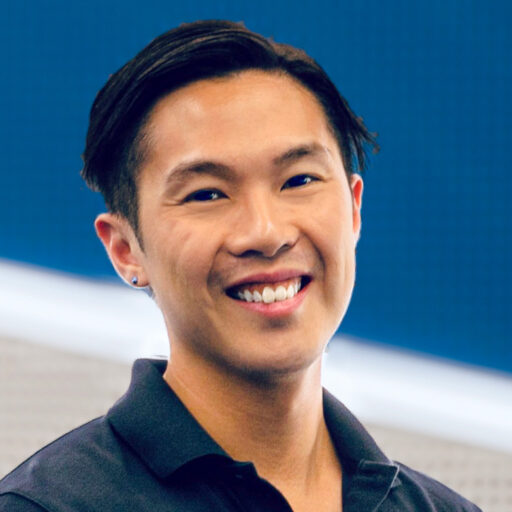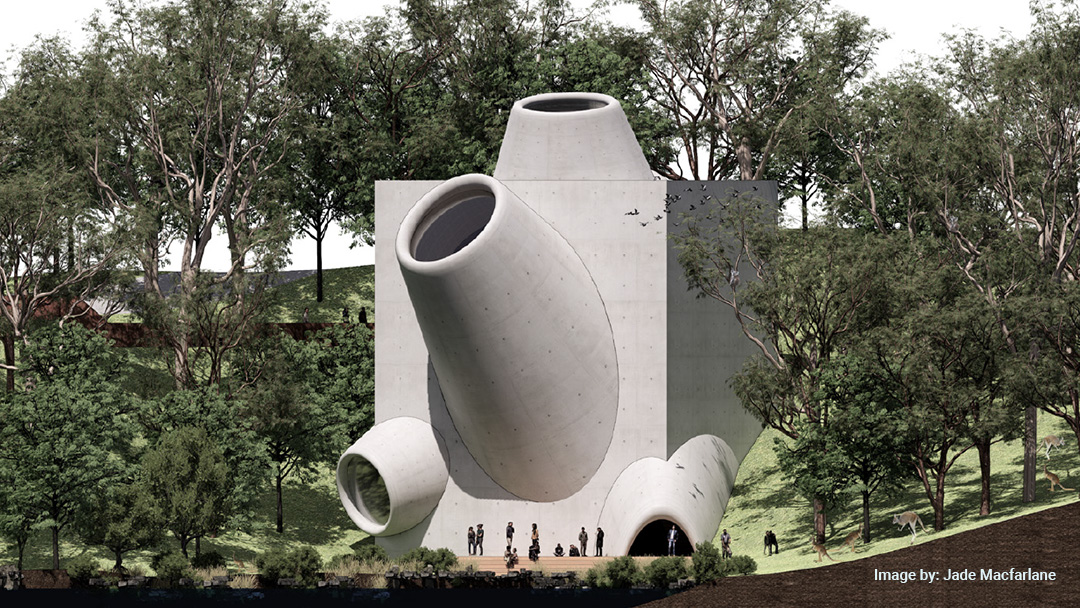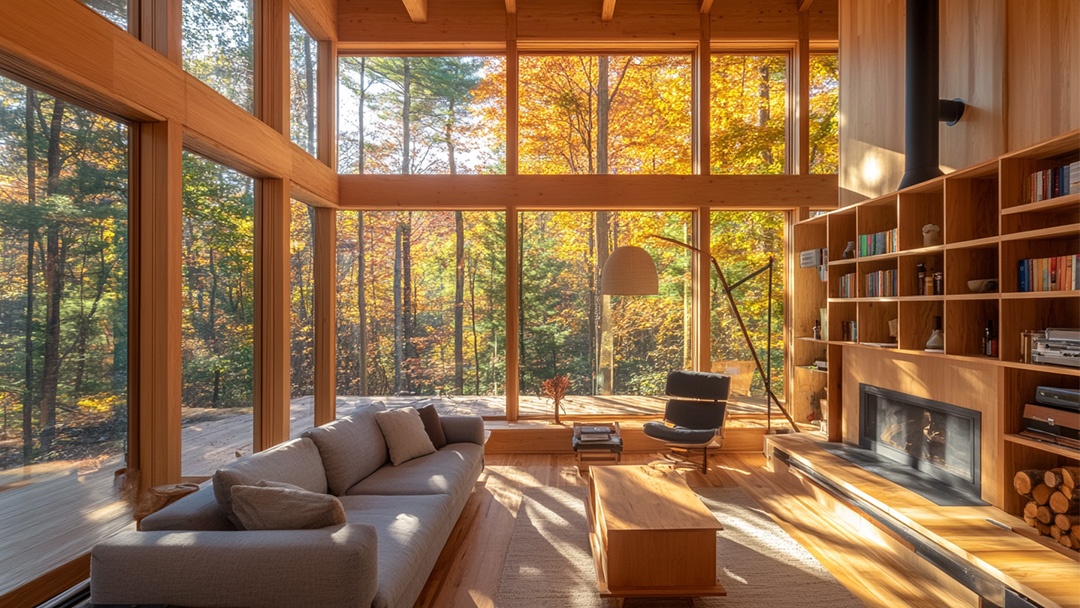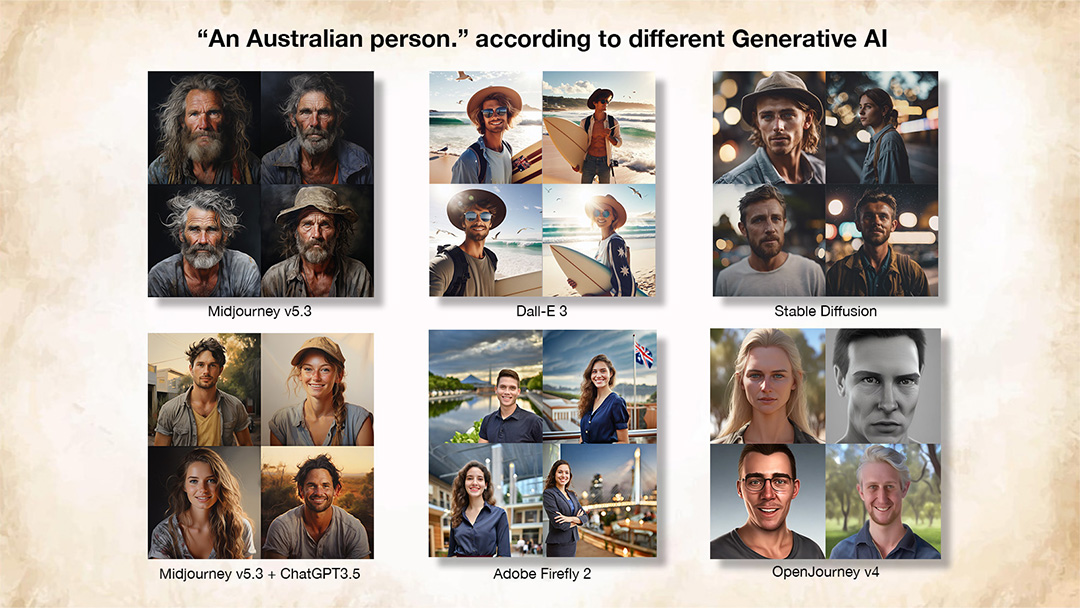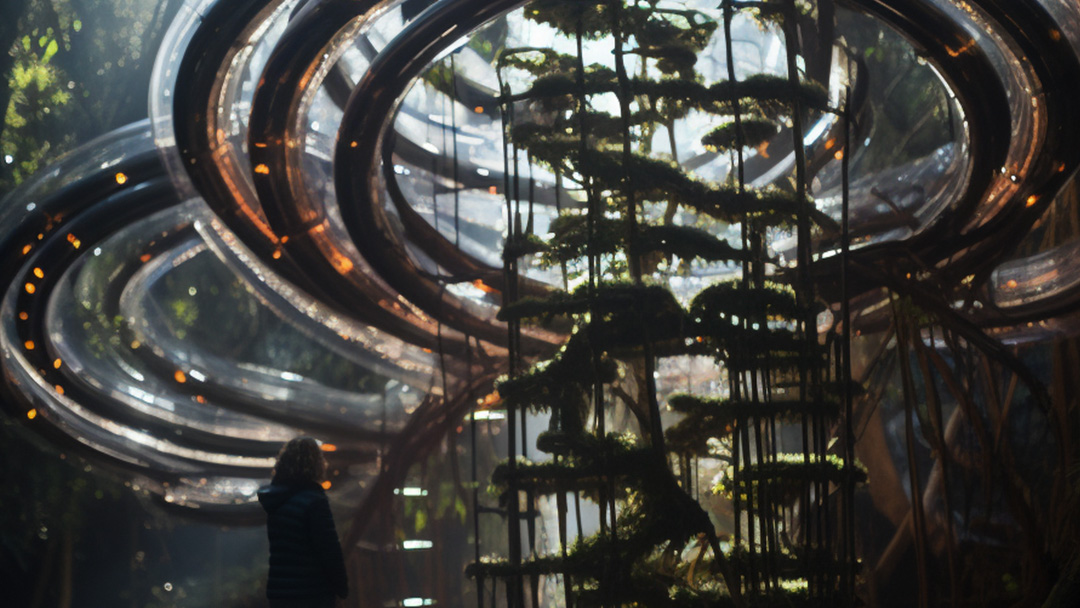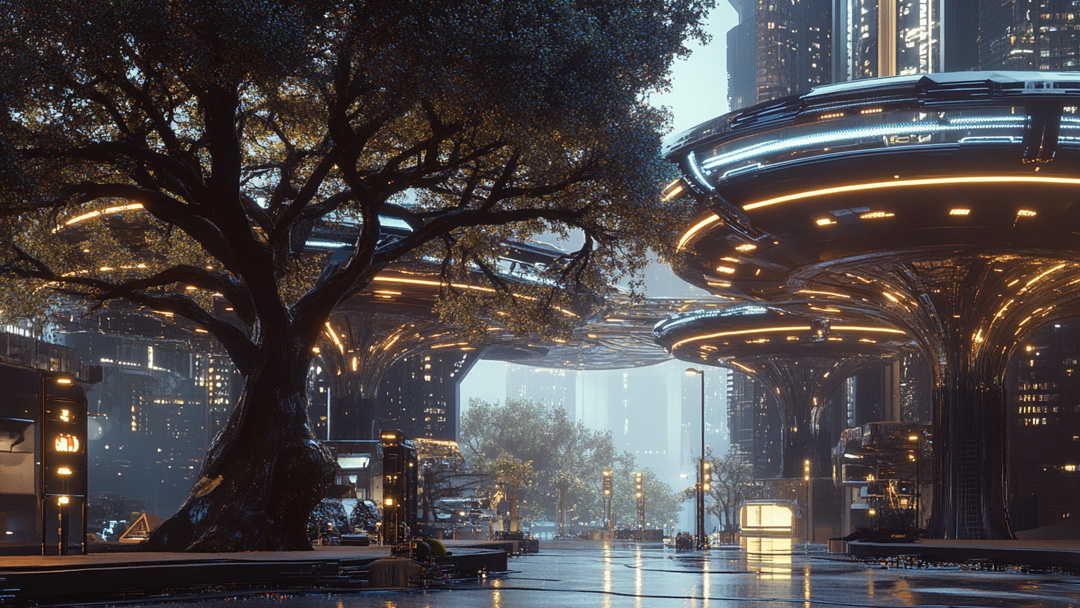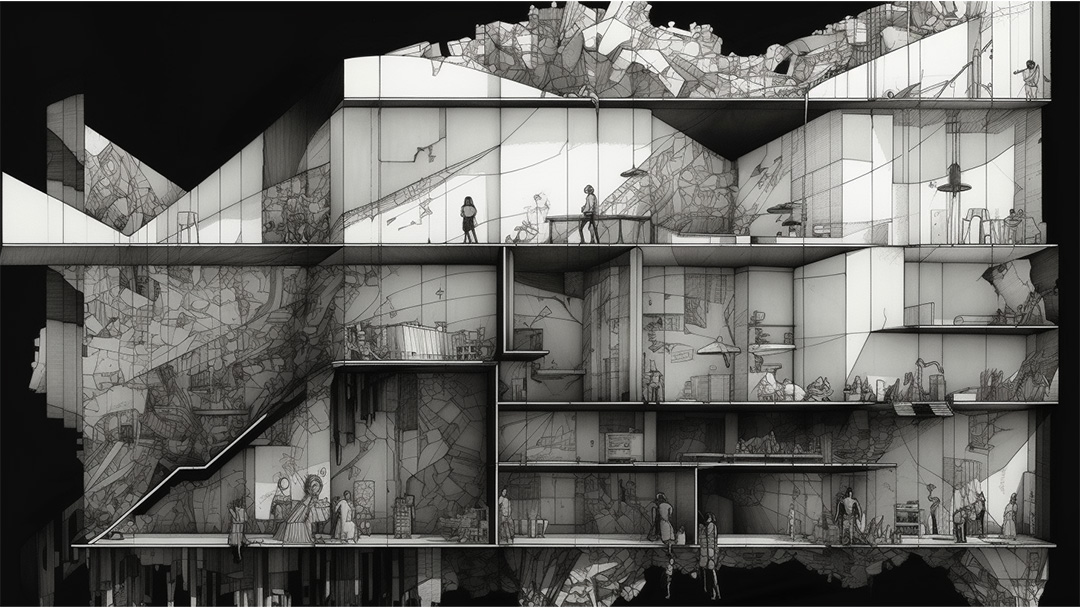Project | All Projects ↗️
Studio Gener(ai)tive v2: More-than-human design, Ecologies and Imaginaries
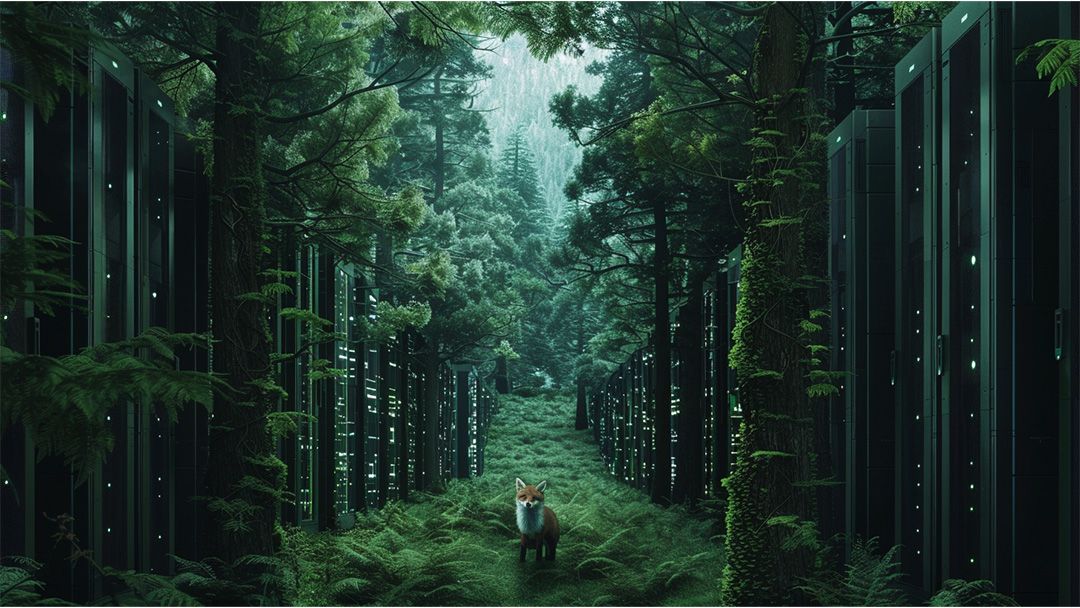
Tan, L., Luke, T. 2024. Studio Gener(ai)tive v2: More-than-human design, Ecologies and Imaginaries. MDIT Technology Studio, RMIT University
Details
Studio Gener(ai)tive v2 explores the fusion of Generative AI, more-than-human thinking, and future storytelling. This studio is structured in three phases: investigating an animal and its behaviour, speculating future scenarios, and creating visual stories and provotypes.
In Phase 1 Research, the studio introduces the concept of more-than-human approaches in design, situating the studio along the growing post anthropocene movement. In this three weeks, students learn to use Generative AI as:
- a research tool to pool behavioural data of an animal,
- to visualise animals in unlikely environments (e.g. urban environments), and
- interaction tool, to personify and communicate with their selected animal.
In Phase 2 Speculate, the studio introduces future design concepts to guide students in speculating their post-anthropocene futures. In this three weeks, students learn future design techniques such as Causal Layered Analysis and Harman’s Fan. They also learn how to use Generative AI to:
- source and synthesise Signals,
- assist in Causal Layered Analysis,
- reframe trajectory for desired changes, and
- visualise future environments based on their ideated scenarios.
In Phase 3 Design, the studio guides students to produce:
- visualisations to storytelling their designed future,
- digital graphics to communicate the desired design atmosphere, and
- provotypes to immerse audiences in glimpses of future technology.
The studio concludes with a design showcase for students to storytell their designed futures.
- keywords: Generative AI; design futures; more-than-human design
- with: Thom Luke
- year: March 2024 – June 2024
Subject details
This subject facilitates learning and practising design, focusing on developing technical, creative, and communication skills. Students enhance their innovative approaches and use of technology in design, understanding spatial, material, and economic aspects, and exploring new material and digital fabrication methods.
